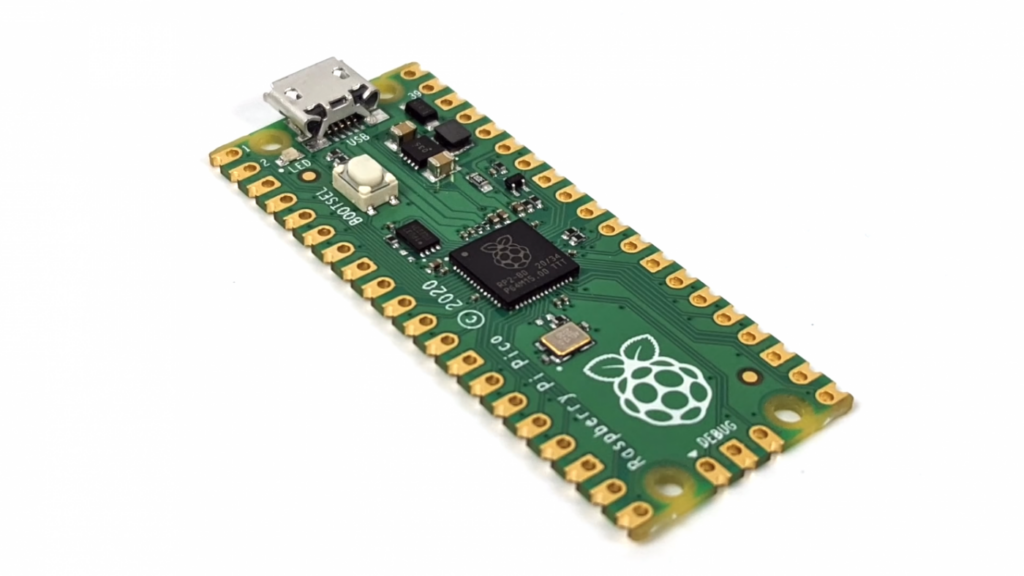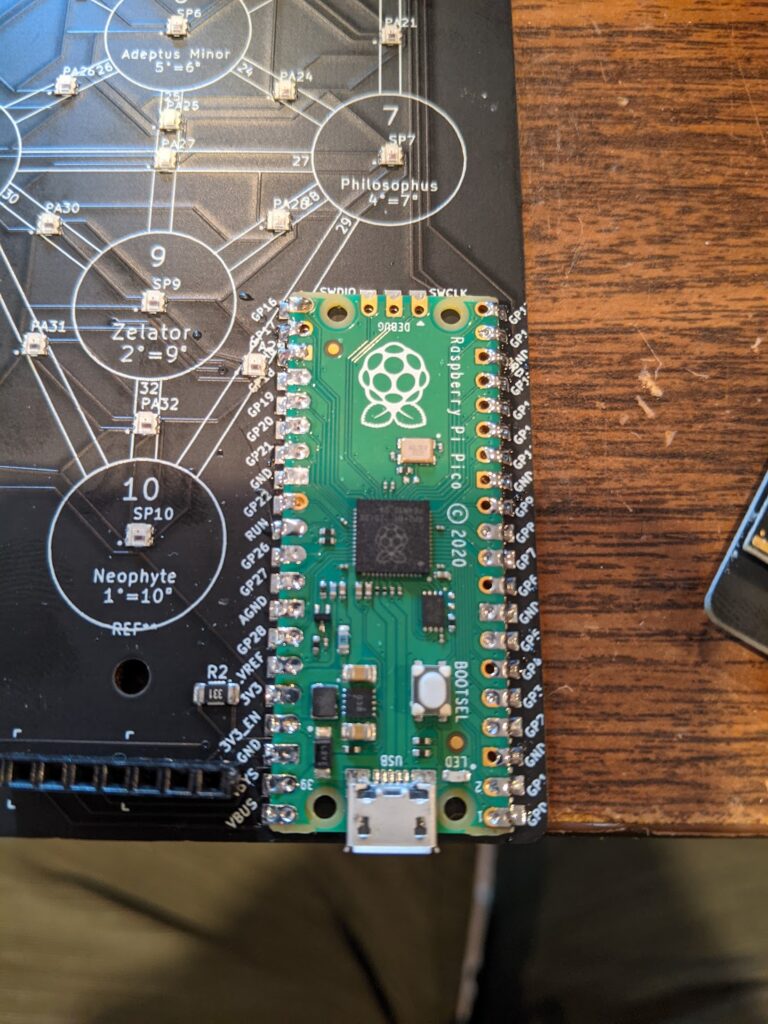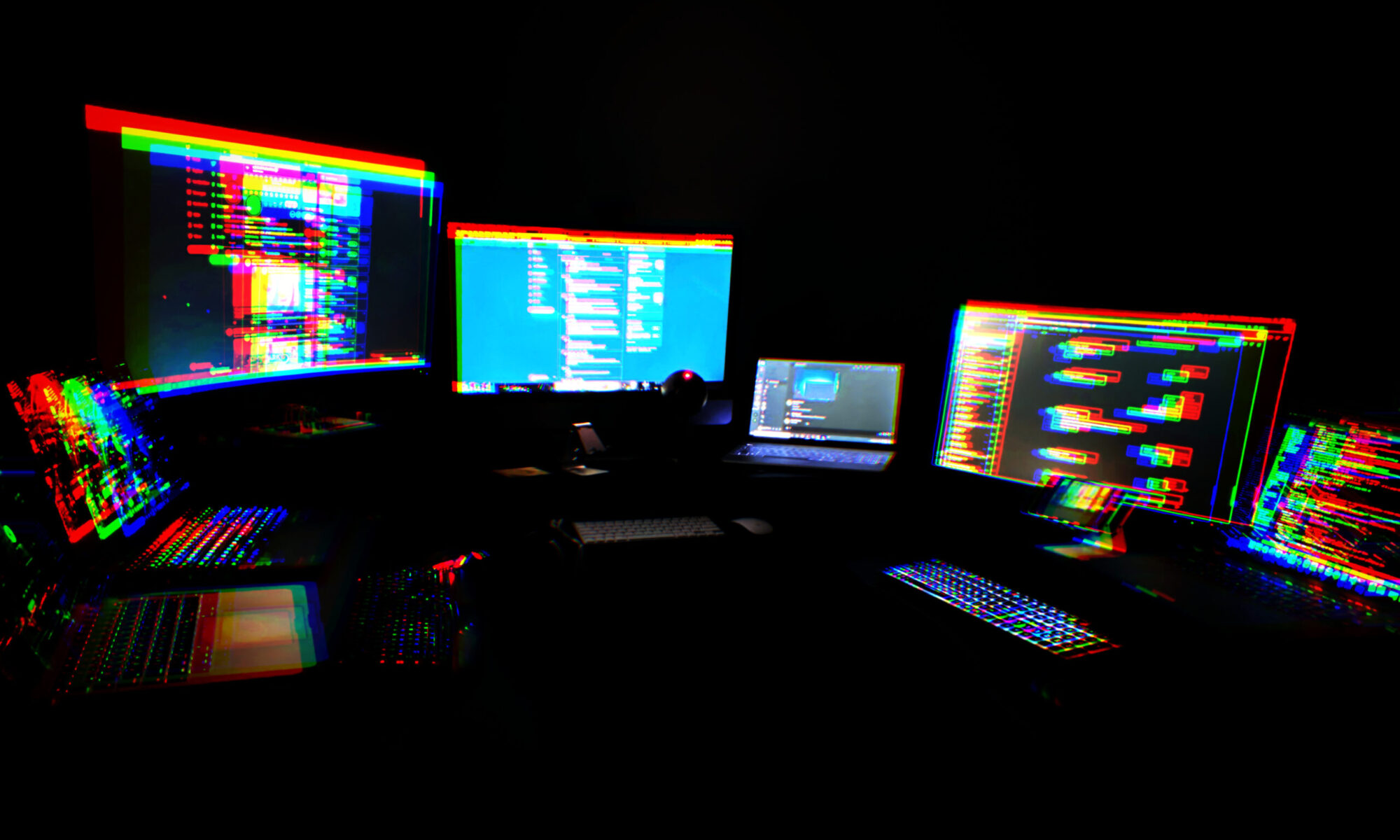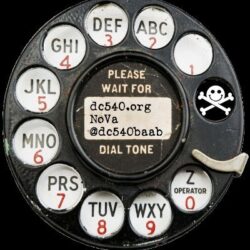

As usual, we came back from DefCon inspired, energized, and diseased. Yes, some of us came home with Covid this year. But we’re recovering, and it hasn’t stolen our Big STEM Energy.
We decided to take what we’ve learned over two years of designing and manufacturing badges, and offer a course. This takes us a step closer toward fulfilling our mission as a non-profit, and teaching strengthens everyone all around. Students learn something, and teachers become better teachers.
This class will be in two phases. The first half will be an intro to MicroPython using the Raspberry Pi Pico microcontroller with breadboards and some basic electronic circuit elements (LEDs, a display, buttons, etc). culminating in cobbling together your own MicroPython game!
The second half will be taking what you’ve learned from the first half and turning it into a standalone PCB (printed circuit board) project, using all the elements and code you’ve mastered in phase 1, culminating in sending it off to a fab house to be manufactured. You’ll end up with a permanent keepsake of what you’ve learned, and hey — it might even WORK!
We’re looking to start this in October. The class will be virtual, so don’t worry if you’re not local. We’re trying to avoid requiring soldering skills until the very end, so don’t worry if you’re not skilled. The class fee will be nominal, and supports a nonprofit doing good things. If you’re interested, make sure to follow us on twitter @dc540_nova and Join our Discord — an invite link should be in the right column of this website somewhere. We’re going to cap the class at around 25 or so. The class will likely be held in a moderated Discord voice channel. There will be a parts list published in the coming days — actually two parts lists — one for those who have soldering capabilities already, and one for those who don’t. Once you’re in the Discord, request in the main welcome channel to be added to the MicroPython PCB class list — that will get you into the discussion channel, where we’re planning and staging the class. Once the class begins, those who sign up for it will be added to another group and will be able to join us one evening a week for live classes. We may record the lessons as well for those who miss a lesson or can’t meet the consensus-decided class evening.
If you get lost in the code and can’t keep up, don’t worry, we’ll provide some basics at each stage to make sure you have something that works. One of the great things about microcontrollers is that once you prove all your circuit elements work, you can go ahead and build it, and worry about the software later. It’s easy to apply new code to a device that has working access to all of its components.

